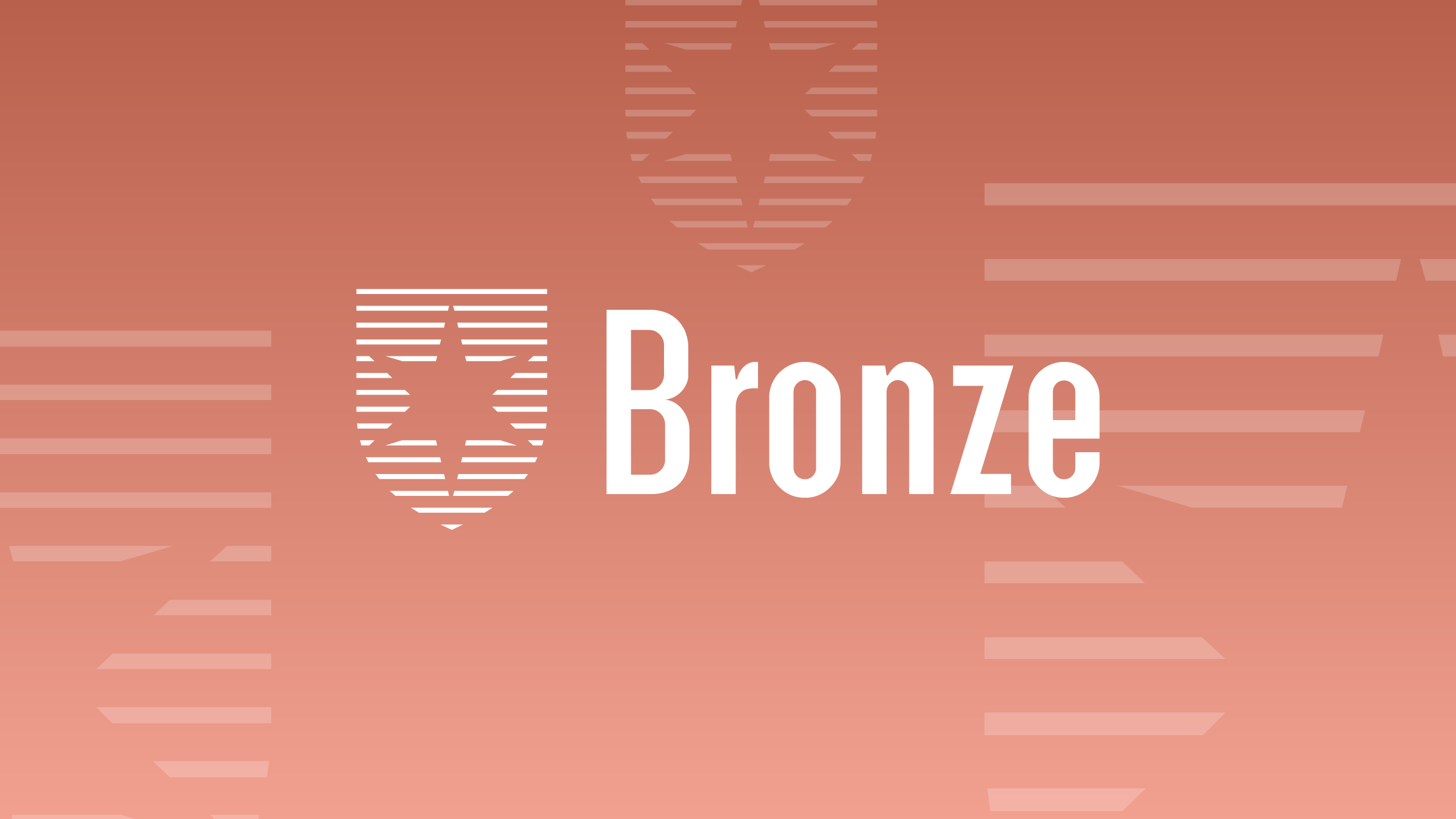Preparing your income-tax return isn't as straightforward as it used to be. Perhaps you've just started a business and now have to sift through expenses, foreign tax credits, return of capital and dividend receipts. Maybe you've been audited or are intimidated by discussions with the Canada Revenue Agency. It may be time to enlist the services of an accountant.
But how do you find the right accountant for you? Start by asking these four questions to prospective professionals.
Do you have a professional designation?
Unfortunately, anyone can hang out a shingle and call himself an accountant. To protect yourself, make sure your prospective accountant has one of three designations: chartered accountant (CA), certified general accountant (CGA) or certified management accountant (CMA). Accountants with professional designations must adhere to their association's strict code of conduct. If, for instance, you meet with a prospective CA who cannot meet your needs, the CA is required to refer you to somebody who can, says Gabe Hayos, vice-president, taxation, at the Canadian Institute of Chartered Accountants. If you have complaints about the accountant's work, the professional accounting associations provide a recourse process.
What is your level of industry experience?
After hearing their answer, see if that is a good fit with what you are looking for. Do you just need assistance getting through tax season or ongoing tax advice for your small business? Typically, professional accountants don't simply prepare your taxes and file on time, notes Hayos. They take a big-picture approach to tax planning, looking at ways you can minimize tax in the future. They can also provide business advice in areas like recordkeeping and estate planning.
While an accountant who deals with a broad base of clients is OK, even better is one who understands your situation. Let's say you're a film director, hair-salon owner or truck driver. Work with a professional who knows your industry inside and out instead of just a passing glance, suggests Emily Larimer, a CGA who runs a Toronto-based sole proprietorship. If the accountant says she has clients similar to you, don't take that at face value. Get some names, email addresses and phone numbers, and contact those clients. Larimer says to start, you'll want to verify that the accountant is accessible, works in your specialty and meets deadlines.
Who does the work?
If you go to a mid-sized or large accounting firm, the accountant you met with may not be the person in charge of your account. She may delegate the tasks to a member of her team. "The conversation you have with the senior accountant may not get trickled down to the lower level," notes Ali Jaffer, CGA, president of AR Jaffer Professional Corp. in Toronto. "That might be OK if you have a business with a big-picture focus. But some clients may prefer a sole proprietor where they can look at things in more detail."
What are your fees?
Unlike financial advisors, there's no all-over-the-map fee structure with professional accountants. They are paid by the hour. What that hourly rate is depends on the accountant and the experience they are providing. Larimer finds this is the question people never forget to ask. Unfortunately, they don't place enough emphasis on what precisely they are getting for their fees, she says. "You get what you pay for," she explains. "I've had some people say to me, 'I can do the tax return cheaper' and they probably can if they only have one T-slip. But in terms of running your business, there are likely deductions and other things they aren't aware of."
Jaffer concurs. "I look at it this way: if accountants are, at a minimum, able to save the fees you pay and get you above and beyond that, they've really done their job giving you the best value."
After doing your homework on the prospects, Jaffer advises you not to discount chemistry and gut feel about your choice. Remember, you'll be sharing your intimate financial and tax details with this person, so you'll want someone you're comfortable with.
There are ways to start the accountant/client relationship on the right foot and potentially reduce your costs. The first order of business is to forgo the stereotypical shoebox.
"If you come in with your shoebox of investments and receipts, that's not a good use of anybody's time," explains Hayos. "Costs will definitely go up. Organize your affairs clearly. If you invest, have a spreadsheet that lists what you bought and sold, and the receipts behind it."
Larimer will give clients a list of what she requires to get started. That includes knowing when the last tax return was filed and the CRA's most recent notice of assessment. "It provides me with an end point so I know where I can go forward," she says.















